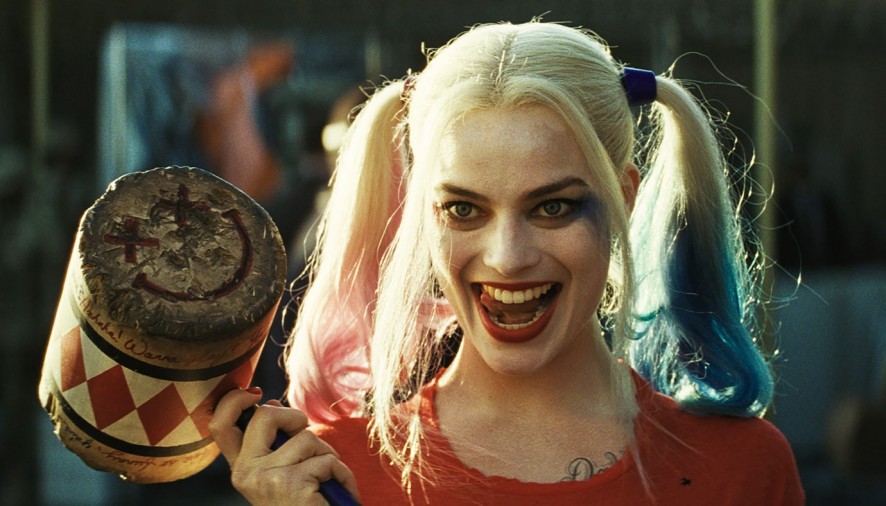It may seem bizarre to suggest that a summer in which we saw the gargantuan hits of Finding Dory and Captain America: Civil War has been in any way lacklustre. Finding Dory earned itself the accolade of largest opening weekend ever for an animated film, whilst Civil War continued Marvel’s run of effortlessly grossing over $1,000,000,000. However, the runaway successes of these two films should not be confused for across the board Hollywood success. Whilst Disney continues to morph into a terrifying mega-studio that owns both your childhood memories and the money in your wallet, the other studios were somewhat left behind. This was not a fantastic summer for blockbusters.
‘Disney continues to morph into a terrifying mega-studio that owns both your childhood memories and the money in your wallet.’
In the summer’s box office top 10, there are only four films that can be said to have enjoyed outright commercial success (with the other two being Suicide Squad and The Secret Life of Pets), by which I mean they earned significantly more than their hideously inflated budgets. Once one has gotten past the top four earners of the summer, the drop in box office takings worldwide is staggering. Suicide Squad made a worldwide gross of over $720,000,000, in comparison to the next highest-grossing film, Jason Bourne, which made approximately half that on a similar sized production budget. So what is the problem? Why are people not flocking to see these films in droves? Is it simply that cinema is dead, and that the likes of Netflix and Putlocker have rendered the medium obsolete? No. Of course not. Films such as Star Wars: The Force Awakens, Frozen, and Avatar all came out relatively recently, and all showed the high demand for cinema, as they smashed box-office records and gained overwhelming critical praise upon release. The problem is in fact, unoriginality and poor story-telling.
‘Is it simply that cinema is dead? No. Of course not… The problem is in fact, unoriginality and poor story-telling.’
In the top 10 films this summer, only the top two can be said to have enjoyed the critical and commercial success expected of a tent pole summer blockbuster. Some, like the visually imaginative and deliriously entertaining Star Trek Beyond, were critically praised but underperformed at the box-office. Others like Suicide Squad were financially successful, but critically panned. Now, both films are big budget continuations of an existing film series, both with A-list Hollywood stars and famous directors. The main difference between these two (other than one being enjoyable and the other appalling) is that Suicide Squad at least looked different. It looked like it would be a unique subversion of the superhero genre; a punky, frenetic and darkly comic bust-up between bad and evil. So the cinema-going public ignored the poor reviews and they flocked to see it. However, that is not to say the public will put up with something that simply fools them with promises of originality. Though it enjoyed a lucrative three weeks at the top of the US box office, when the supervillian flick finally did drop, it dropped hard.
The release of the inventive and bone-chilling horror Don‘t Breathe meant that audiences had something new to check out. The sizable chunk of revenue that was subsequently lost by Suicide Squad that weekend, suggests that the public had grown sick of the tonally uneven and poorly edited blockbuster; the novelty had indeed worn off.
The list of films released this summer is littered with sequels and re-boots, some of which nobody asked for whatsoever – yes I’m looking at you The Legend of Tarzan. Very little was offered in the way of original story-telling, so with nothing new brought to the table, the public paid to see the films that they felt they could rely on to be entertaining, and ignored all the other unoriginal films offered up to them.That is the reason that only Finding Dory and Civil War can be deemed as successes. It is also why, Disney aside, Hollywood studios desperately need to up their game.
James Candler
(Image courtesy of Warner Bros. Pictures/DC Comics)

